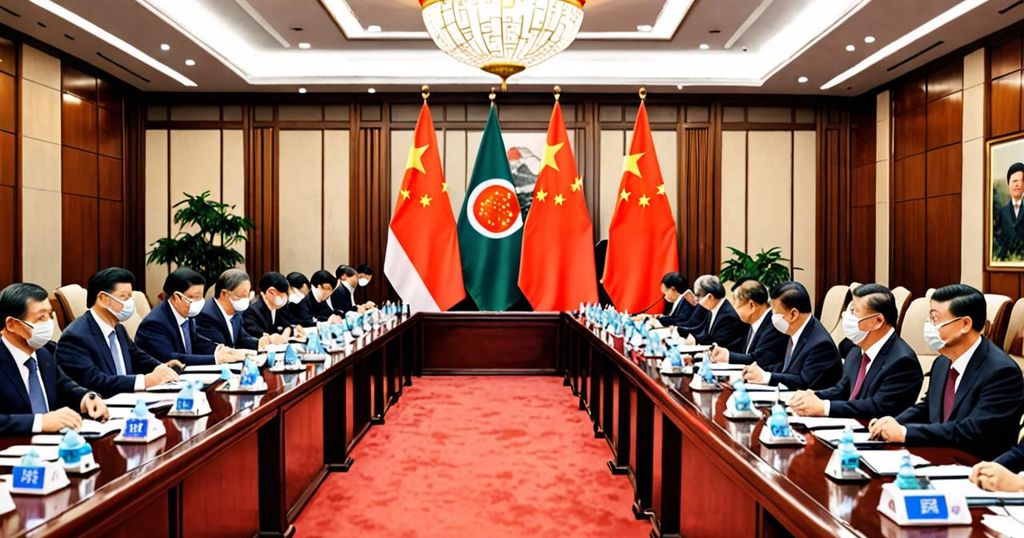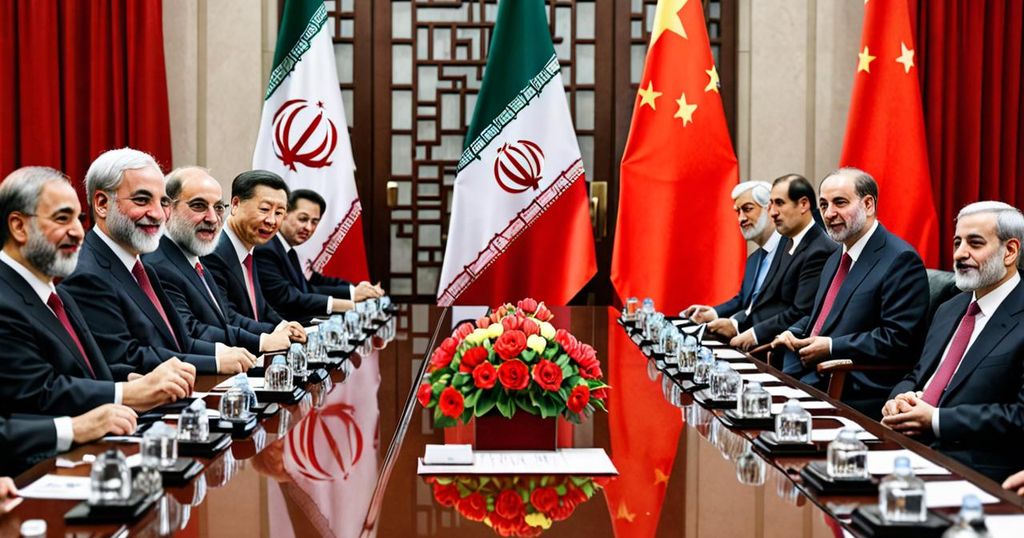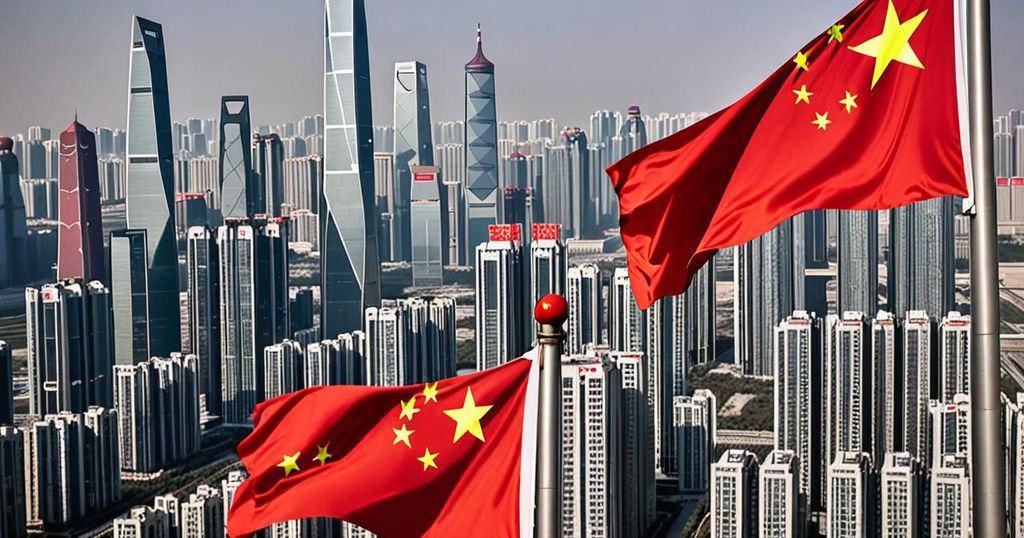The evolution of technology transfer protocols in relation to China has brought about significant changes. The conduct of China in commercial and technology practices is perceived as a strategic risk to the Western world. Response from Western countries currently is disjointed, and the efforts to limit access to certain technologies in order to counteract China’s behavior and protect the West are deemed inadequate. The solution to this issue lies in a unified approach aimed at restricting China’s export of technologies obtained through illegitimate means and a well-coordinated diplomatic initiative to influence China towards responsible participation in global markets.
The strategic significance of technology in international relations and national power has prompted a reevaluation of technology partnerships with China. The mutually beneficial technology collaboration between the West and China over the span of 40 years has led to significant economic growth in China. However, concerns have been raised due to China’s authoritarian governance, trade practices, and disregard for international norms, necessitating a reassessment of technology transfer.
This paper advocates for prioritizing policies that deny China the advantages of illicit activities as opposed to solely restricting technology access. It also proposes an expansion of the concept of sourcing from reliable suppliers to encompass a wider array of technologies beyond the 5G debate. Furthermore, the paper highlights the need for mechanisms to hold China accountable for its actions, emphasizing that such policies will be more sustainable and effective in the existing complex technology landscape.
Negotiations with China should be founded on four fundamental elements: a consistent communication regarding the necessary behavior changes expected from China, quantifiable reductions in illicit activities, initiatives to drive Western innovation, and policy regulations to manage interactions with China while preventing their exploitation of Western markets.
Despite attempts to address technology competition with China, the Western response has been insufficient. A synchronized and comprehensive approach is imperative, albeit requiring time for implementation. It is crucial to convey to China that unacceptable behavior will no longer be tolerated, coupled with a clear articulation of the changes expected from China and the enforcement of accountability for their actions.
The paper initially asserts four key presumptions about China’s future behavior, subsequently delving into the necessity for restructuring technology transfer policies. It underscores the notion that change will necessitate limitations on technology and market access, and stresses that a comprehensive diplomatic approach is critical for addressing China’s nonmarket policies. It also calls for the revision of existing institutions and a collective consensus on countermeasures to bolster the competitive advantage of the West.
The sense of urgency surrounding the situation underscores the requirement for a synchronized and comprehensive diplomatic effort aimed at depriving China of the benefits of its irresponsible behavior, ultimately persuading them to become a responsible participant in the global economy. The paper concludes by stating that the current competitions do not align with the institutions and rules established in the past and emphasizes the need for a change in strategy to address the risks posed by China’s conduct.
In conclusion, the paper reiterates the need for sustained and coordinated engagement based on uniform policies to deny China the benefits of its irresponsible behavior. It emphasizes the importance of technology in negotiations by leveraging existing trade authorities and collectively restricting China’s ability to exploit Western markets.
In summary, the paper presents a comprehensive approach to address China’s technology transfer behavior and underscores the need for the West to re-evaluate its strategies and policies regarding technology transfer with China. The proposed recommendations aim to foster fair and sustainable technology relations with China moving forward.








